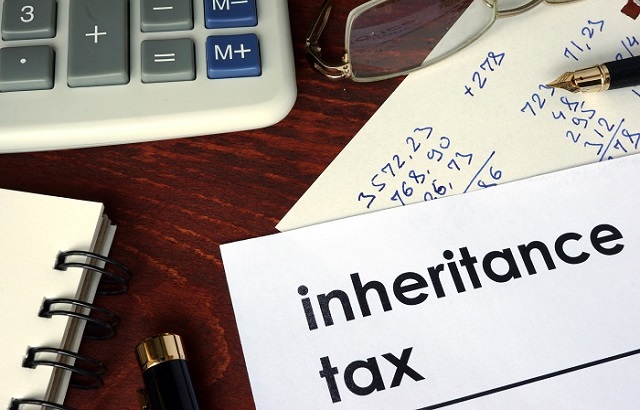The number of reclaims for inheritance tax (IHT) reached the highest level in the last six years in 2020, a freedom of information (FOI) request by financial advisory firm NFU Mutual revealed.
HM Revenue & Customs’ (HMRC) figures report that last year 6,262 refund claims were filed with the taxman.
This compares to 5,499 in 2019 and 3,094 in 2015, the FOI showed.
According to the advisory firm, this is most likely caused by a fall in the value of property and/or shares, as value is estimated on the date of a person’s death with IHT bills due within six months.
But when properties or shares are sold, and the price has fallen, the executors can reclaim the overpaid tax.
The refund, however, is not automatic and has to be filed with HMRC.
‘Significant’ sums
Sean McCann, chartered financial planner at NFU Mutual, said: “These figures show more people are becoming aware they can reclaim overpaid inheritance tax.
“If house prices start to fall in 2021, it’s important families who have recently paid an IHT bill are aware of this ability to reclaim, which could save them thousands of pounds.
“Even small percentage falls in property prices can lead to significant amounts of tax being reclaimed. Inheritance tax is charged at 40%, so if a property were to fall in value by £10,000 ($14,000, €11,460) this could mean up to £4,000 could be reclaimed.”
NFU Mutual said that, of the overall 6,262 claims last year, 4,419 were related to properties and 1,843 to shares.
Time limit for refunds
HMRC said: “Many of these claims will relate to tax liabilities created in previous tax years, given the time permitted to make a claim following an IHT-liable death.”
McCann explained that families can reclaim overpaid IHT on a property if it is sold at a lower value within four years of death, whereas for shares, the timeframe is 12 months.
“However, all the shares sold by the executor are aggregated, so if some have gone up in value this will reduce the amount of IHT that can be reclaimed,” he added.
“It can be better for the executors to pass shares that have gone up in value direct to the family, only selling the shares that have fallen to maximise the amount of tax that can be reclaimed.”
The FOI did not show how much money was refunded to taxpayers, and how the sums have changed in the last six years.








